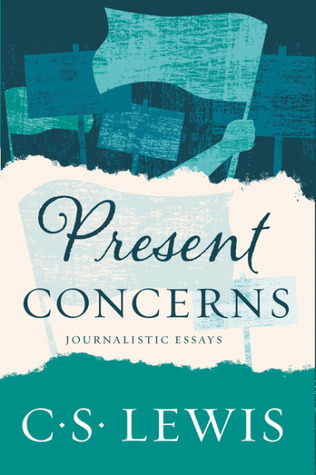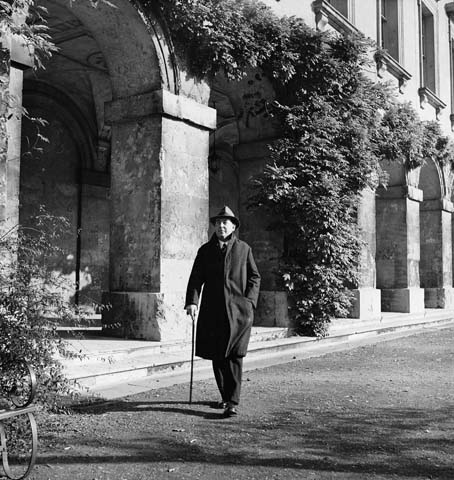“Let us suppose,” ventured C. S. Lewis, “that nothing ever has existed or ever will exist except this meaningless play of atoms in space and time: that by a series of hundredth chances it has (regrettably) produced things like ourselves.” What “things” does he mean? “Conscious beings,” he continues, “who now know that their own consciousness is an accidental result of the whole meaningless process and is therefore itself meaningless, though to us (alas!) it feels significant.”

That disturbing supposal can be found in one of Lewis’s most profound essays, “On Living in an Atomic Age.” What might be the response if people accepted it as truth? He offers three possibilities.
First, if you are really the result of a meaningless process, you might simply go ahead and commit suicide. After all, why not? “I return the unwelcome gift. I will be fooled no longer,” might be a rational reply.
A second option is to fill one’s life with as good a time as one can generate. “The universe is a universe of nonsense, ” you admit, “but since you are here, grab what you can.” I think the number of people who choose this option is on the rise. But Lewis, with his knack for getting to the root of problems, reminds us that if we accept that supposal, we also have to accept that what we “grab” may not be all that worth grabbing.
Unfortunately, however, there is, on these terms, so very little left to grab—only the coarsest sensual pleasures. You can’t, except in the lowest animal sense, be in love with a girl if you know (and keep on remembering) that all the beauties both of her person and of her character are a momentary and accidental pattern produced by the collision of atoms, and that your own response to them is only a sort of psychic phosphorescence arising from the behaviour of your genes.
The same would be true of something like music, from which one might take pleasure. If that pleasure comes from a meaningless universe, “its air of significance is a pure illusion.” Maybe the only reason you like that music is “because your nervous system is irrationally conditioned to like it.” Upon that gloomy realization, you might “be forced to feel the hopeless disharmony between your own emotions and the universe in which you really live.”
Those first two options aren’t very pleasing. The third is more defiant, but hardly less dispiriting in the long run.
You may defy the universe. You may say, “Let it be irrational, I am not. Let it be merciless, I will have mercy. By whatever curious chance it has produced me, now that I am here I will live according to human values. I know the universe will win in the end, but what is that to me? I will go down fighting. Amid all this wastefulness I will persevere; amid all this competition, I will make sacrifices. Be damned to the universe!”
That attitude makes for the perfect Romantic novel perhaps, as the hero struggles against insurmountable odds to be true to himself (regardless of whether the “self” is anything to be true to). But it still accepts the premise of meaninglessness in the end.

The premise of meaninglessness leads us logically to the meaninglessness even of our own thoughts and actions, despite our attempt to give them meaning. “We never think a thought because it is true,” Lewis informs us, only because blind Nature forces us to think it.” Further, “we never do an act because it is right, only because blind Nature forces us to do it.” The saving grace in all of this, though, is that when we are forced to face “this preposterous conclusion,” we might—finally—be “ready to listen to the voice that whispers: ‘But suppose we really are spirits? Suppose we are not the offspring of Nature?” What if the idea that Nature is all there is may not be correct after all? Perhaps then we might be led to this truly significant question: “If there is no straight line elsewhere, how did we discover that Nature’s line is crooked?”
There is more to live for than mere survival in an atomic age, Lewis concludes. Mere survival is not the goal.
Nothing is more likely to destroy a species or a nation than a determination to survive at all costs. Those who care for something else more than civilization are the only people by whom civilization is at all likely to be preserved. Those who want Heaven most have served Earth best. Those who love Man less than God do most for Man.
Let’s keep our priorities straight.
